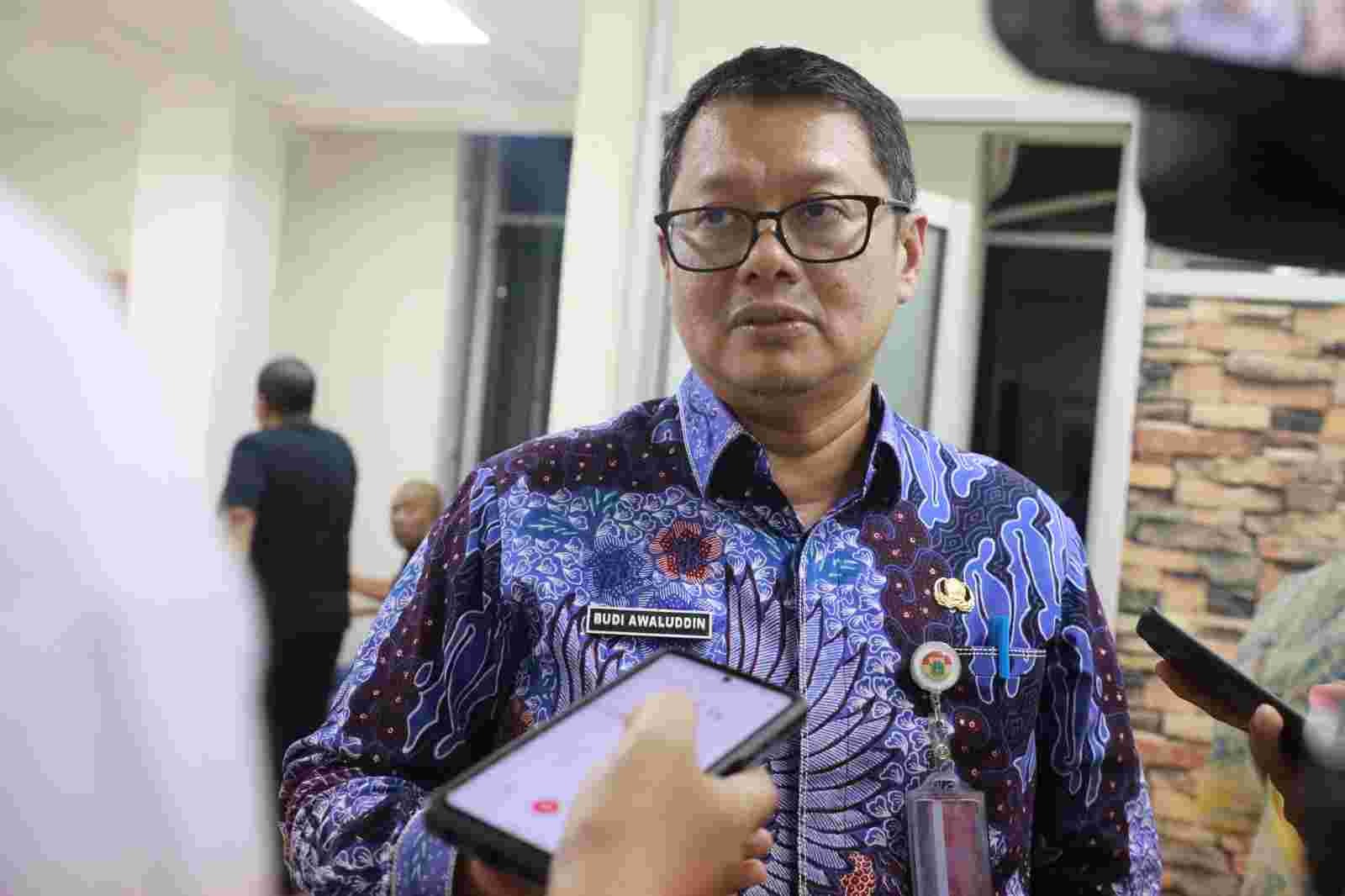The Head of Jakarta’s Department of Communication, Informatics, and Statistics (Diskominfotik), Budi Awaluddin, has voiced strong regret over the recent destruction of surveillance cameras (CCTV) during a protest in Pejompongan. Authorities suspect the act was carried out to avoid identification of demonstrators. Budi underscored that damaging public facilities in any form cannot be justified. His statement highlighted the tension between democratic freedoms and the responsibility to maintain public order.
The official reiterated that CCTV systems play an essential role in safeguarding the capital and aiding law enforcement. According to him, surveillance infrastructure provides critical real-time monitoring, particularly during unrest or emergencies. Destroying such equipment, he warned, not only obstructs police work but also risks escalating disorder on the ground. The message was clear: civil liberties should not come at the expense of collective security.
Legal consequences for such actions are equally serious. Under Article 406 of Indonesia’s Criminal Code (KUHP), deliberately destroying or disabling property carries a maximum prison sentence of two years and eight months or a fine. This legal framework ensures that public facilities, including digital infrastructure, remain protected from reckless acts. The provision is meant as a deterrent, but also as a reminder that vandalism is far from a harmless protest tactic.
Diskominfotik has confirmed it will coordinate with police to pursue the perpetrators and ensure accountability. Budi stressed that thorough investigation and legal processing are essential to prevent similar incidents in the future. He emphasized that the incident should serve as a lesson for both protest organizers and the public at large. In his words, defending democracy means respecting both the right to dissent and the shared duty to safeguard public facilities.
Alexander Jason – Redaksi



